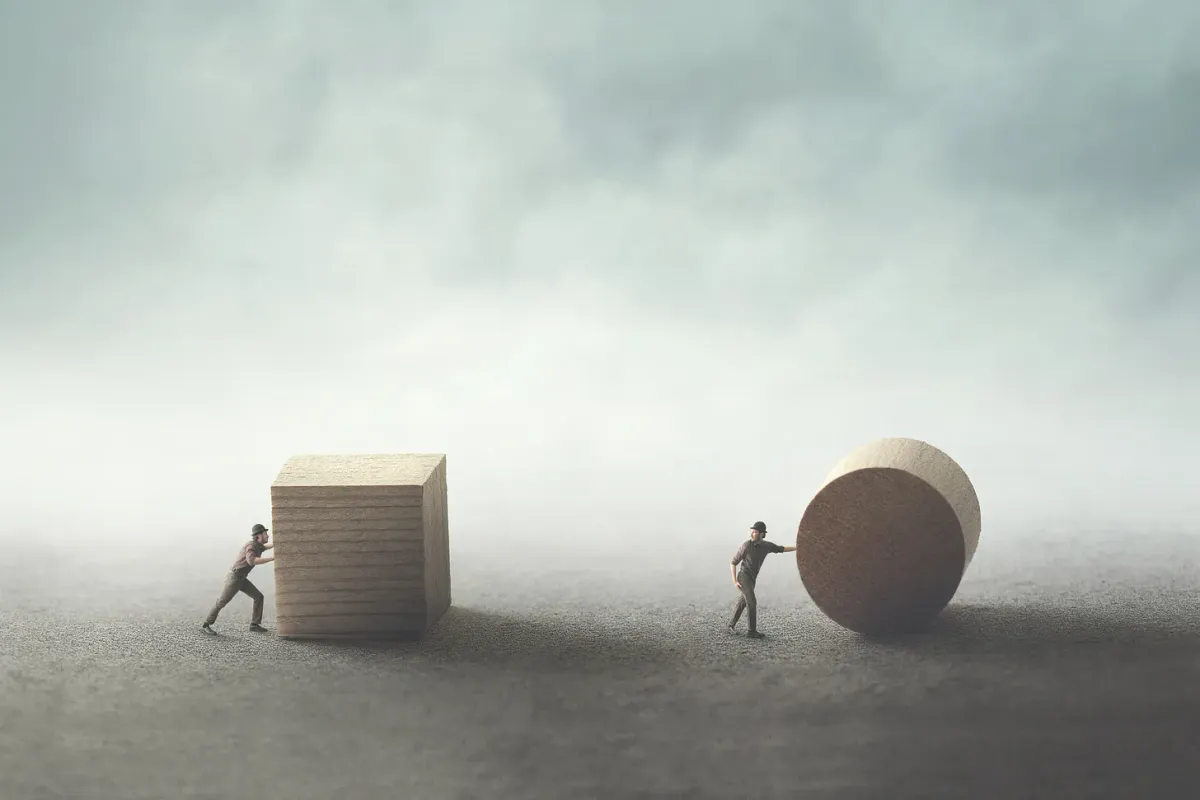
© image from The Great Simplification
Daniel Schmachtenberger is a founding member of The Consilience Project, aimed at improving public sense making and dialogue. The connecting themes of his interests lie between the ways of improving the health and development of individuals and society as a whole.
In this episode Daniel reflects on many examples throughout history where that which was considered as progress, was not actually good for the planet and its natural ecosystems, nor has it often been good across varying wealth divides in the world. Adding lead to petrol to stop it from knocking was just one example that drove advancements and progress, but the harm that this discovery caused was over turned by the advancement it drove.
He shares many historical references throughout, with one compelling anti-Jevons Paradox story about the wisdom of the Native Americans of the Pacific Northwest. Living amidst abundant natural resources, they made technological advancements that produced longer fishing lines and better nets. However, instead of using these innovations to catch more and more fish, they wisely chose to spend less time fishing. This decision allowed them to use their extra time for creativity, love, and community building instead.
Daniel touches on how wisdom across history has ‘restraint’ built into it and how the wise tribes of the past living within communities of 150 -220 (Dunbar’s number) were happy as they were, not advancing, but maintaining their tribe…’everyone could be heard, everyone was known, that which affected one, affected the whole, and betterment for one meant betterment for everyone.’
‘Advancement can be better but only if one creates laws that bind that fact to reality across all externalities…’
He questions, ‘what are good goals? What is ACTUALLY worth maintaining as a goal, what should or could be reversed? Would it be ‘better progress’ to actually reverse some goals, rather than making new ones?’
There is so much to unpack throughout this episode, as many prevailing mainstream narratives push the notion that progress equates to improvement, suggesting that as GDP and economies grow, the world becomes a better place for all. However, this view point conveniently overlooks the darker side of what advancement can mean to people and planet, and both Daniel and Nate unpack a wealth of examples.
But how do we stay on top of us ‘trying to do good’ and instead creating another problem somewhere else, or further down the line?
'before the work, or invention begins, one really needs to think through what is the totality of its success, so that the positive externalities are positive for everyone and the possibility of having what we add to the world being actual betterment is clear...'
For all of us working in the space of ‘betterment’ and sustainability, I am left with more questions than answers. But I am content in knowing that maintaining my good health and that of my family, colleagues and community remain paramount, and that leaning into creativity, and more localised and shared engagement of this act is the pathway I want to continue on!
Nate has confirmed that the full paper discussed in this episode will be available on The Consilience Project website in the near future.
I’d welcome continuing this discussion with anyone who is interested… reach out in the comments box below and join the conversation…

